Recording
Business Transactions
-
What Is a Business Transaction?
-
Every Transaction Affects the Accounting Equation
-
Recording Transactions: Step-by-Step
-
Why Recording Transactions Matters
What is Recording Business Transactions?
“A business transaction is any event that has a monetary impact on the financial statements and can be measured reliably.”
Now let’s break this down into simple, everyday language so you can easily understand what it means and how it works.
1. What Is a Business Transaction?
A business transaction is any event that affects the financial position of a business. This includes activities like making sales, purchasing goods or services, paying bills, receiving customer payments, taking out loans, or investing money into the business. Essentially, if money moves or changes hands in any way and it’s related to the business, it qualifies as a transaction and should be recorded. Common examples of business transactions include selling goods to a customer, paying office rent, buying supplies or equipment, receiving a loan from the bank, and paying salaries to employees.
2. Every Transaction Affects the Accounting Equation
3. Recording Transactions: Step-by-Step
When recording a business transaction, the process starts with identifying what actually happened—was it a sale, a purchase, a payment, or something else? Next, you determine which accounts are affected, such as cash, inventory, or loans. Then, you assess whether each account is increasing or decreasing. Once that’s clear, you apply the correct debit and credit entries based on the rules of double-entry bookkeeping. Finally, you record the transaction in your journal or bookkeeping software. While this might seem like a lot at first, it becomes second nature with practice. In fact, most modern bookkeeping software automates much of this process, making it faster and more accurate.
4. Why Recording Transactions Matters
Recording transactions properly
ensures that your financial reports are accurate, your taxes are filed
correctly, and your business decisions are based on real data—not guesses. If
you miss or incorrectly record transactions, your financial records will be
incomplete or misleading, which could cause serious issues down the line.
Good record-keeping also helps during audits, loan applications, and when preparing budgets or financial statements. In short, it’s how you keep your financial house in order.
Key
Takeaways
✅ Every transaction affects at least two parts of the accounting equation.
✅ Recording involves identifying the accounts, applying debits and credits, and updating records.
✅ Accurate records help you manage the business better, prepare for taxes, and build trust with banks and partners.
✅ Bookkeeping software can make this process faster, easier, and less prone to errors.
Access all Accounting and Bookkeeping Courses from One Portal.
Mastering Bookkeeping and Accounting
QuickBooks Online For Bookkeepers
Xero Accounting For Bookkeepers
ChatGpt for Bookkeepers and Accountants
Subscribe to our newsletter
Policy Pages
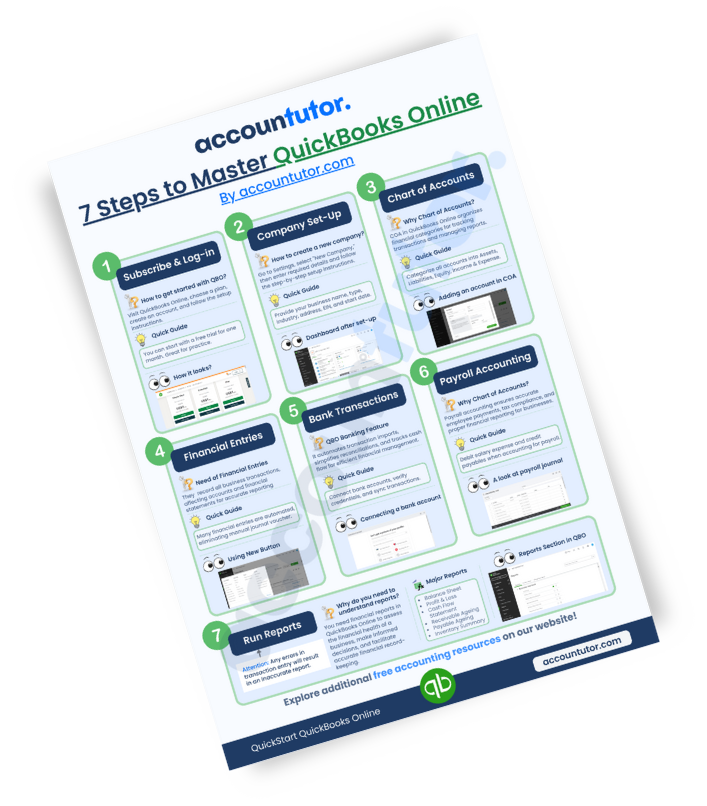
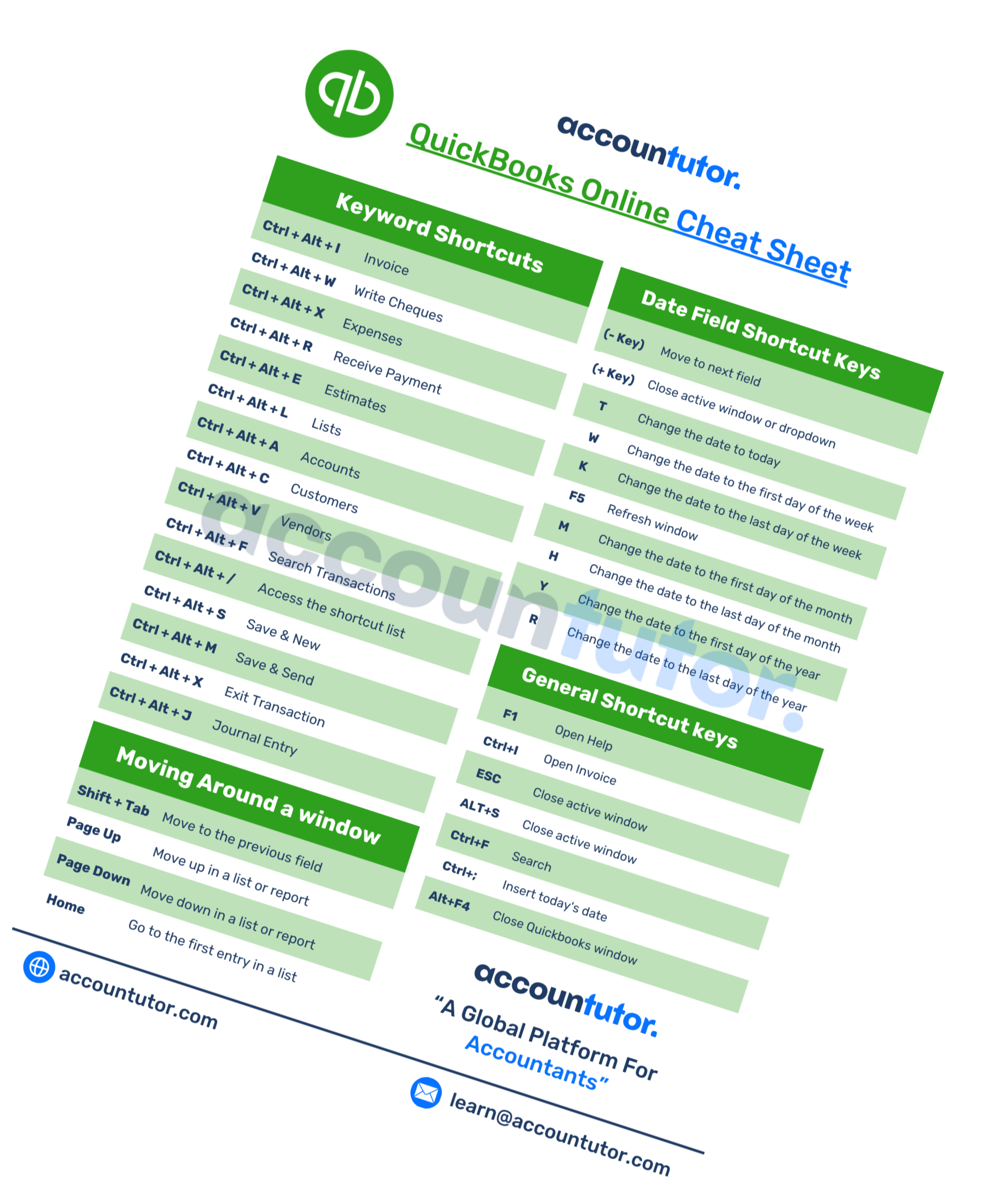
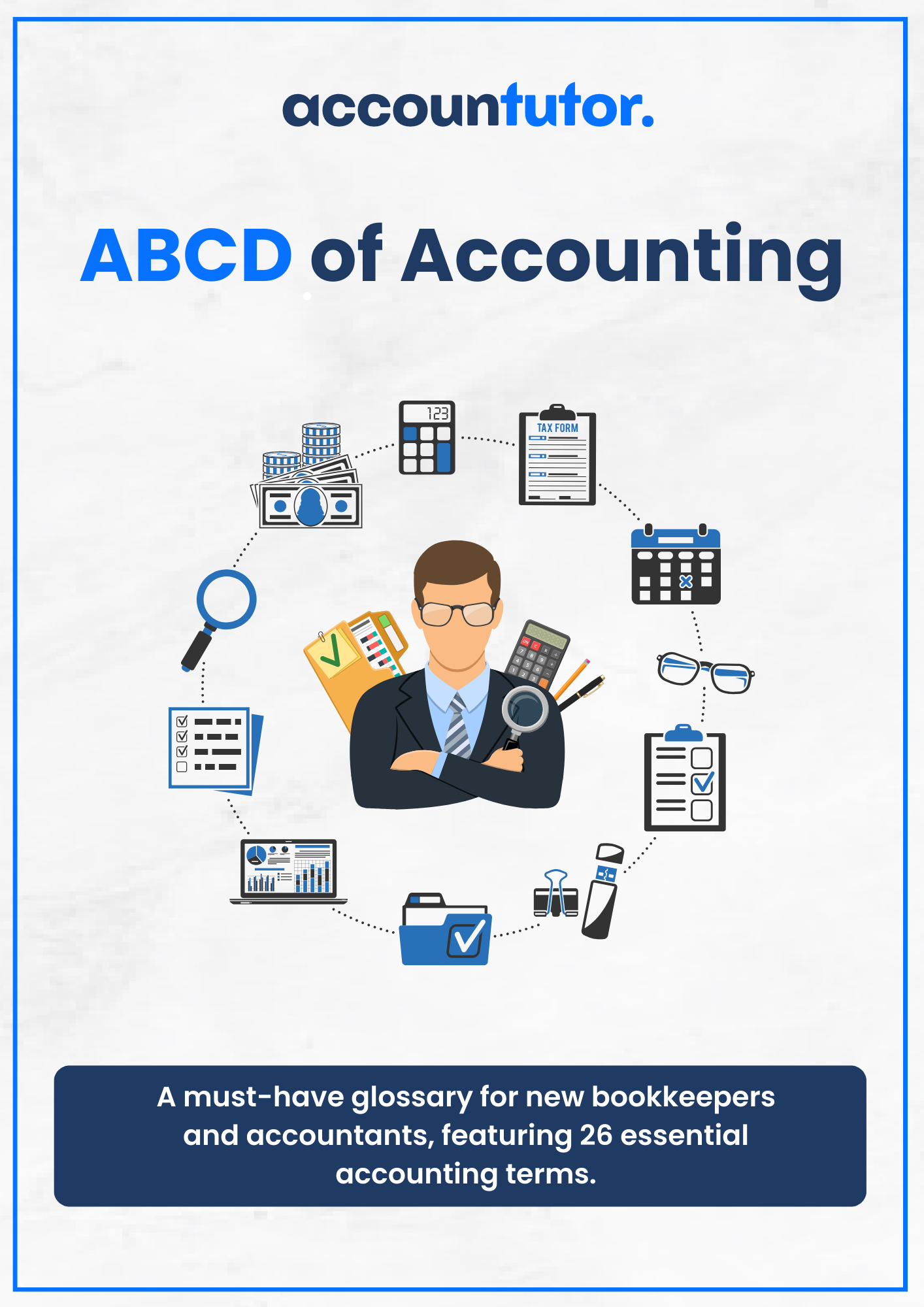
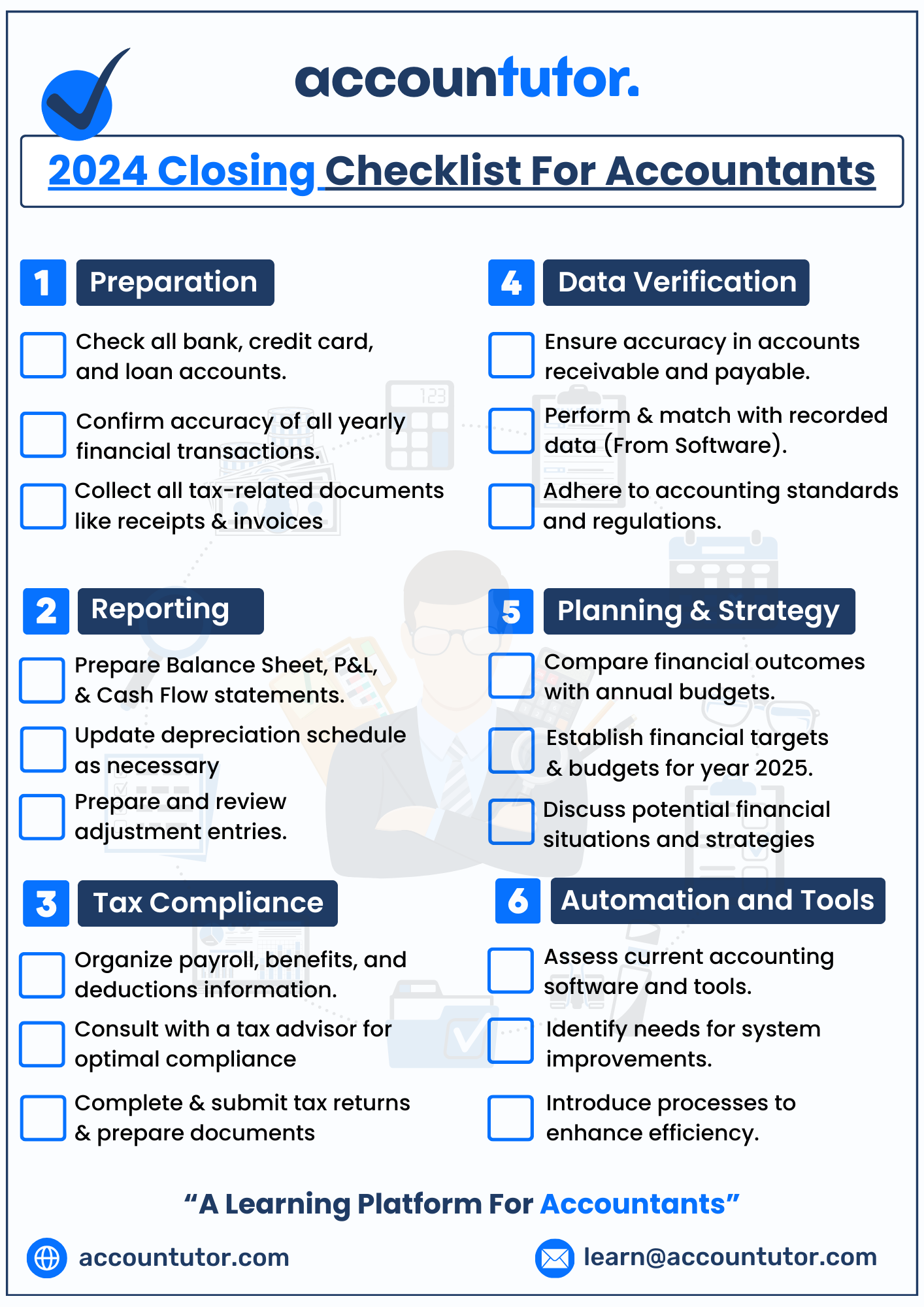
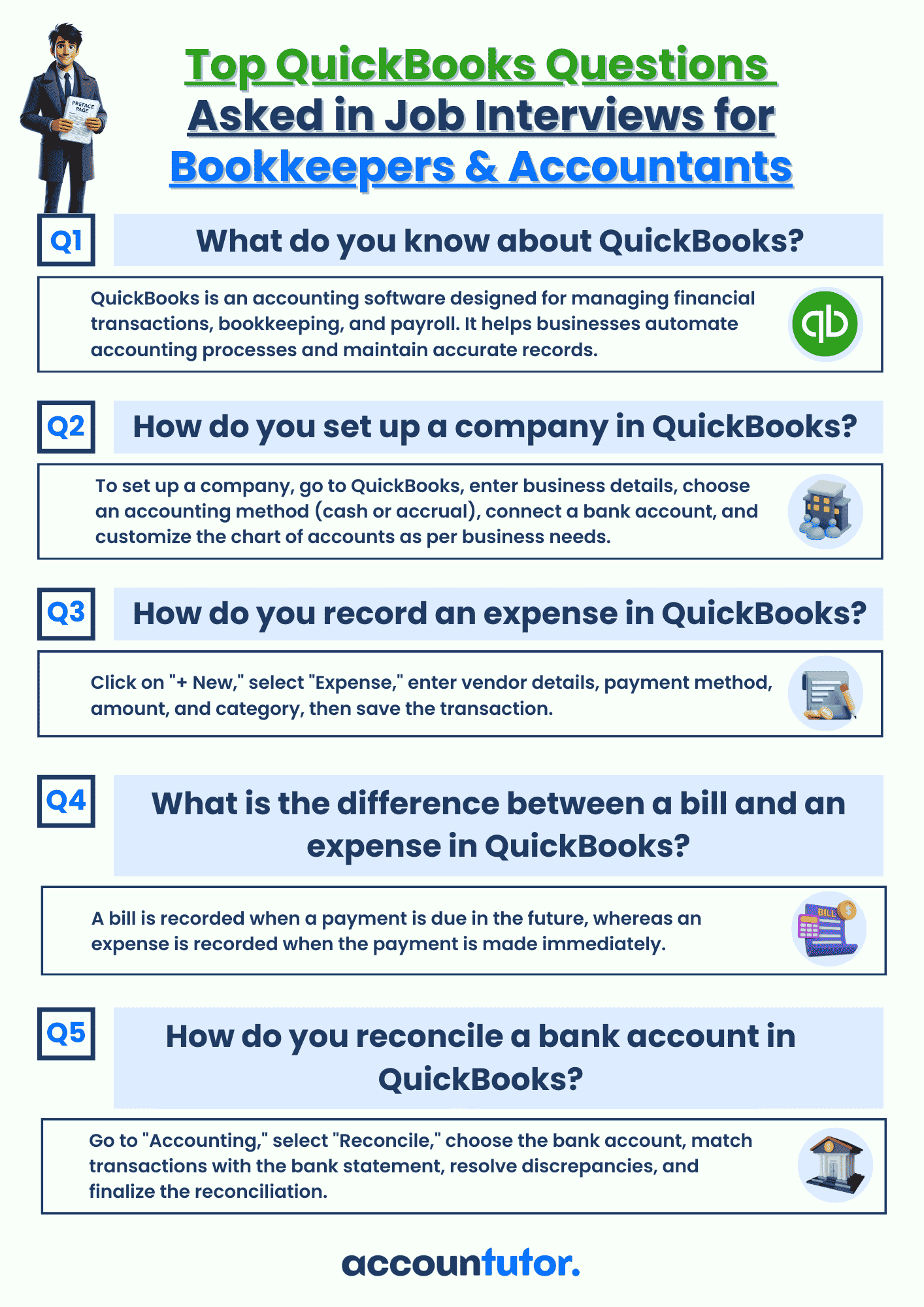
Register for this webinar: How to Master QuickBooks Online— Without Feeling Overwhelmed

